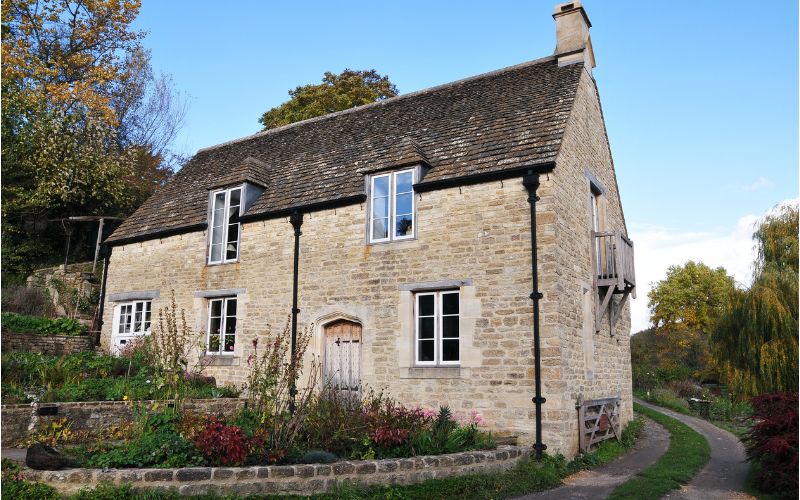Under the Inspection of Churches Measure 1955, a church must undergo what is known as a quinquennial inspection, every five years, in order to assess the building’s integrity and identify any defects requiring repair.
What is a quinquennial inspection?
A quinquennial inspection or quinquennial survey is a type of building inspection that’s unique to churches or religious buildings. The inspection involves a qualified chartered surveyor visiting the church in person to conduct a visual inspection of the building’s current state of repair.
It’s a process that must take place every five years, according to the terms of the Inspections of Churches Measure 1955, and it requires the appointment of a qualified buildings surveyor who has been approved to undertake the inspection by the Diocesan Advisory Committee (DAC).
Why do churches undergo a quinquennial inspection?
Churches are among the oldest buildings in Britain and their preservation is entrusted to the Parochial Church Council (PCC) who has a legal responsibility to care for and maintain the building. Five-yearly quinquennial inspections are a key part of fulfilling this responsibility.
Following a quinquennial survey, the chartered surveyor issues an inspection report, detailing its findings. This report offers a full picture of the building’s health, in particular flagging any areas of concern or in urgent need of repair, and advising on the next steps to remedy the issue.
It’s for this reason, that quinquennial inspections play a vital role in the continued preservation of Britain’s churches. Without the professional insight they provide, many churches could be at danger of falling into disrepair or sustaining irrevocable damage.
What are the rules for appointing a surveyor to conduct a quinquennial inspection?
Many current-day building practices simply aren’t suitable for historical buildings. As such it requires specialist knowledge of historical and heritage construction processes and materials to have the necessary expertise to perform a quinquennial inspection.
While the responsibility of finding a suitable chartered surveyor falls to the PPC, ultimately final approval is at the discretion of the DAC, who holds a pre-approved list of chartered surveyors.
If you wish to appoint a surveyor who isn’t on this list to conduct your quinquennial survey, he or she will need to submit details of their relevant qualifications and experience for the DAC to determine their suitability for the role.
What qualifies a chartered surveyor to conduct a quinquennial survey?
If your church is Grade I or II listed, for instance, it is recommended that a chartered surveyor has experience in surveying listed buildings.
There are some 16,000 churches in England, the oldest of which (St Martin’s in Canterbury) was built circa 590 AD. Most English parish churches were constructed across a period of 1500 years, while cathedrals in England can be dated back around 400 years. As such they need to be sympathetically restored, using materials and techniques that are in keeping with their origin.
RICS (Royal Institution of Chartered Surveyors) accreditation should also be sought in anyone conducting a quinquennial inspection, for the peace of mind that your surveyor is professionally qualified according to the highest industry standards.
Need an RICS chartered surveyor to inspect your building?
Our team has a wealth of experience in heritage and listed properties as well as commercial and residential property inspections, including project management and dilapidations. To engage our services for a project in London or the South of England, contact us at enquiries@sillencehurn.co.uk
Disclaimer: Please note this article is for guidance purposes only and does not constitute legal advice.




